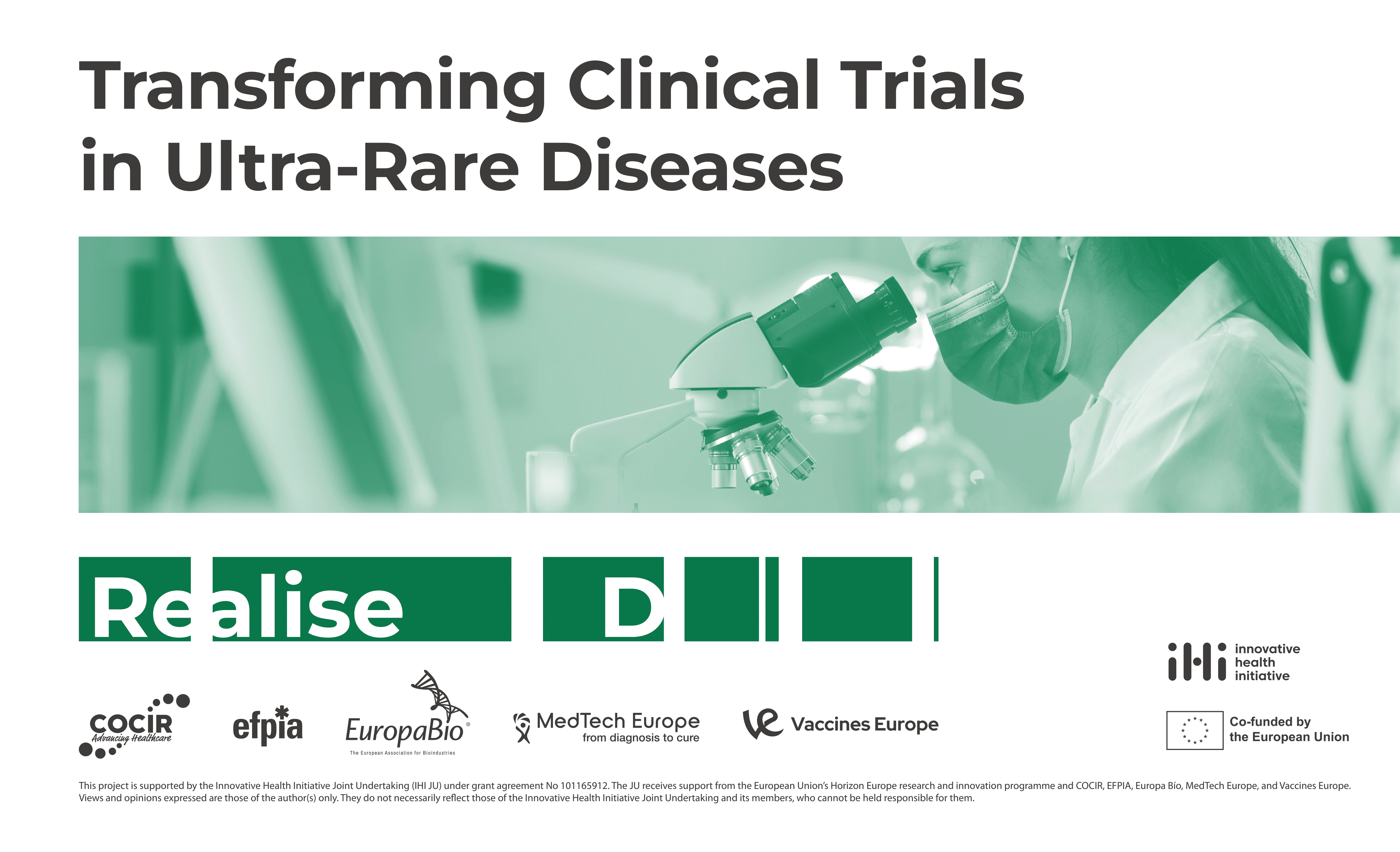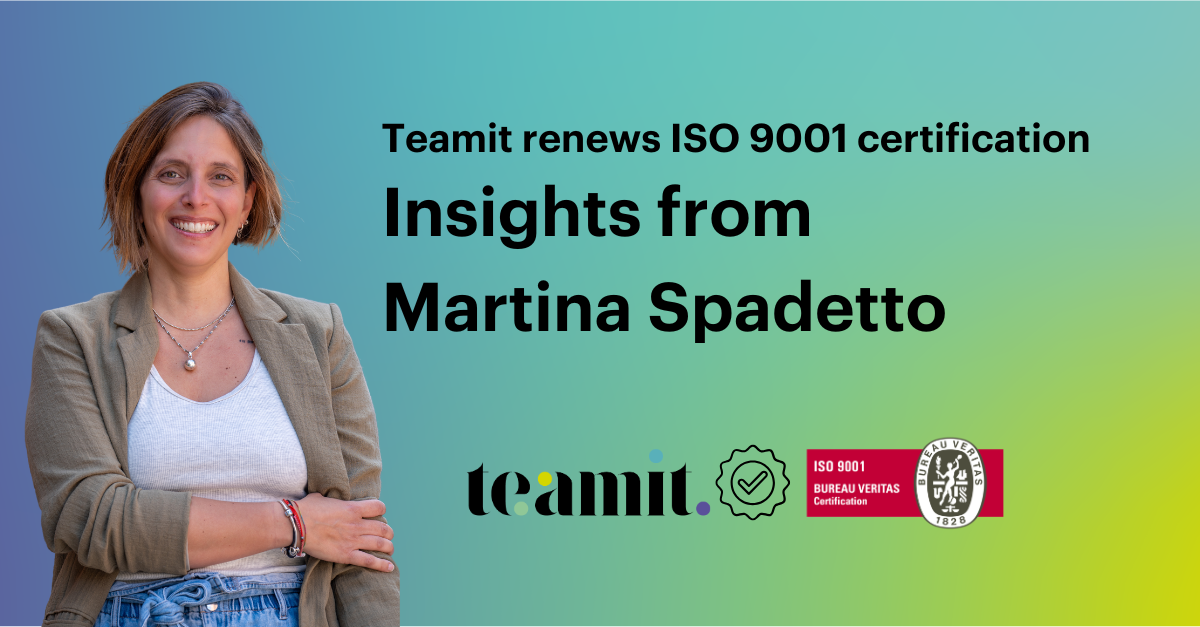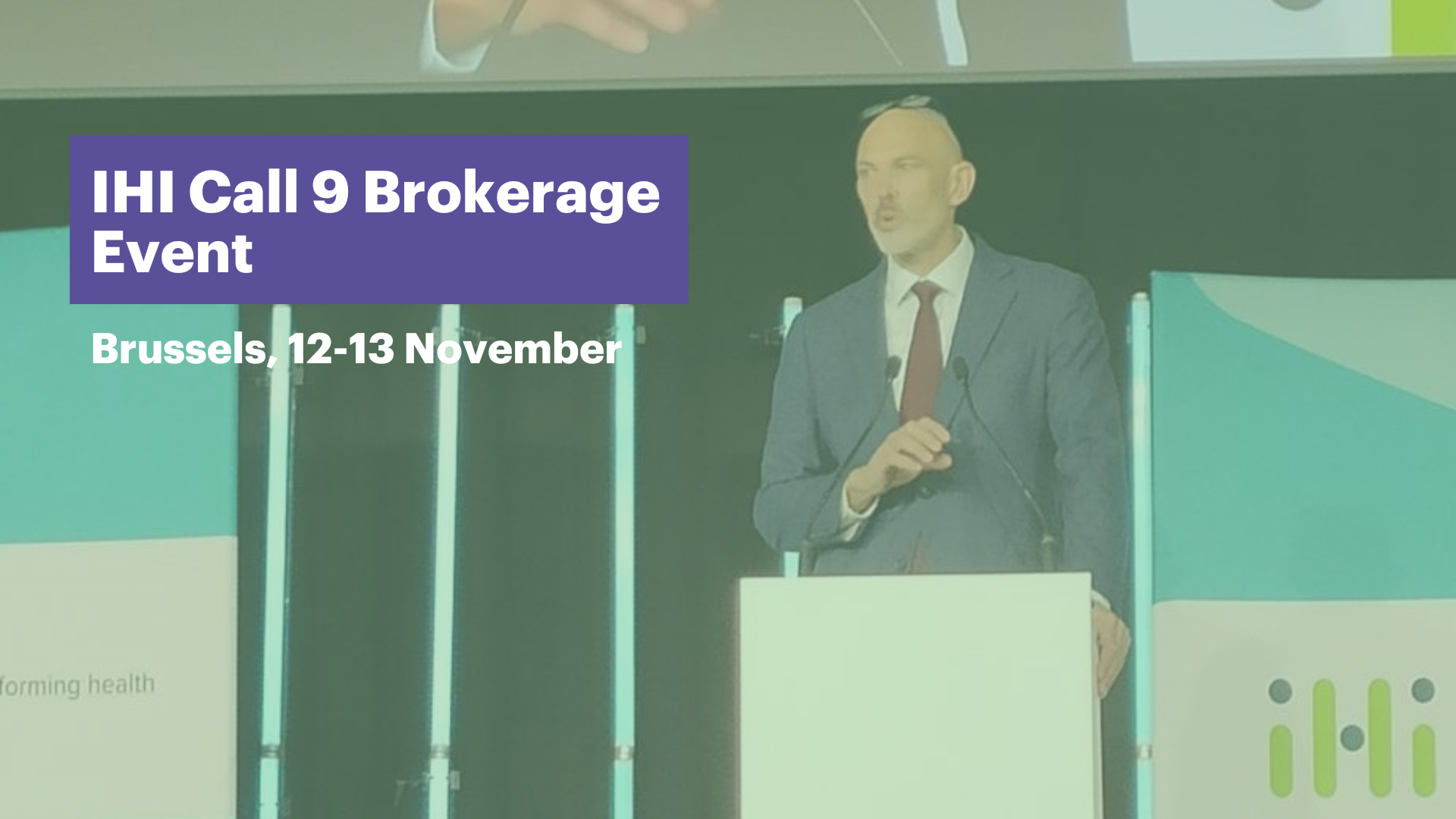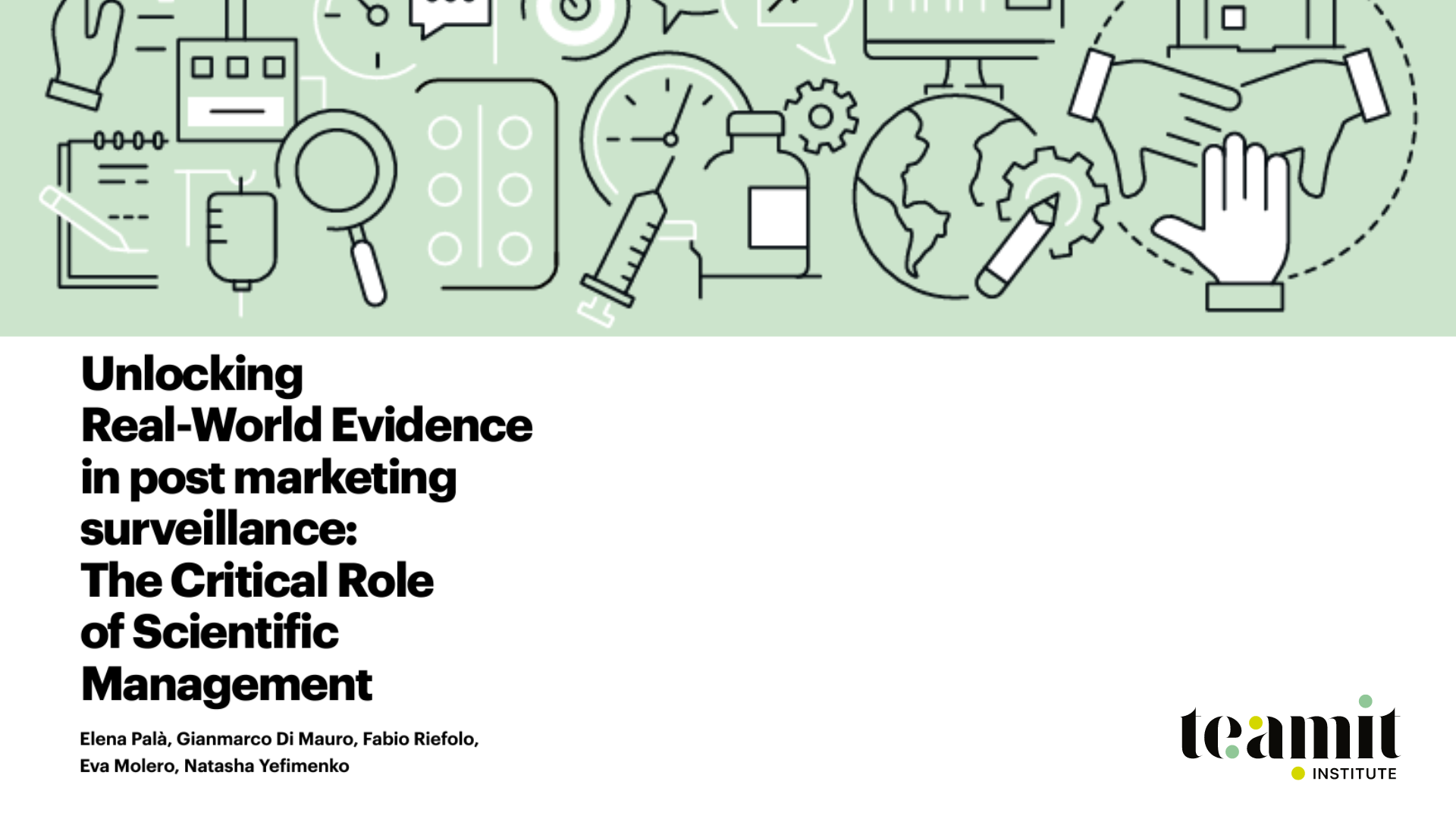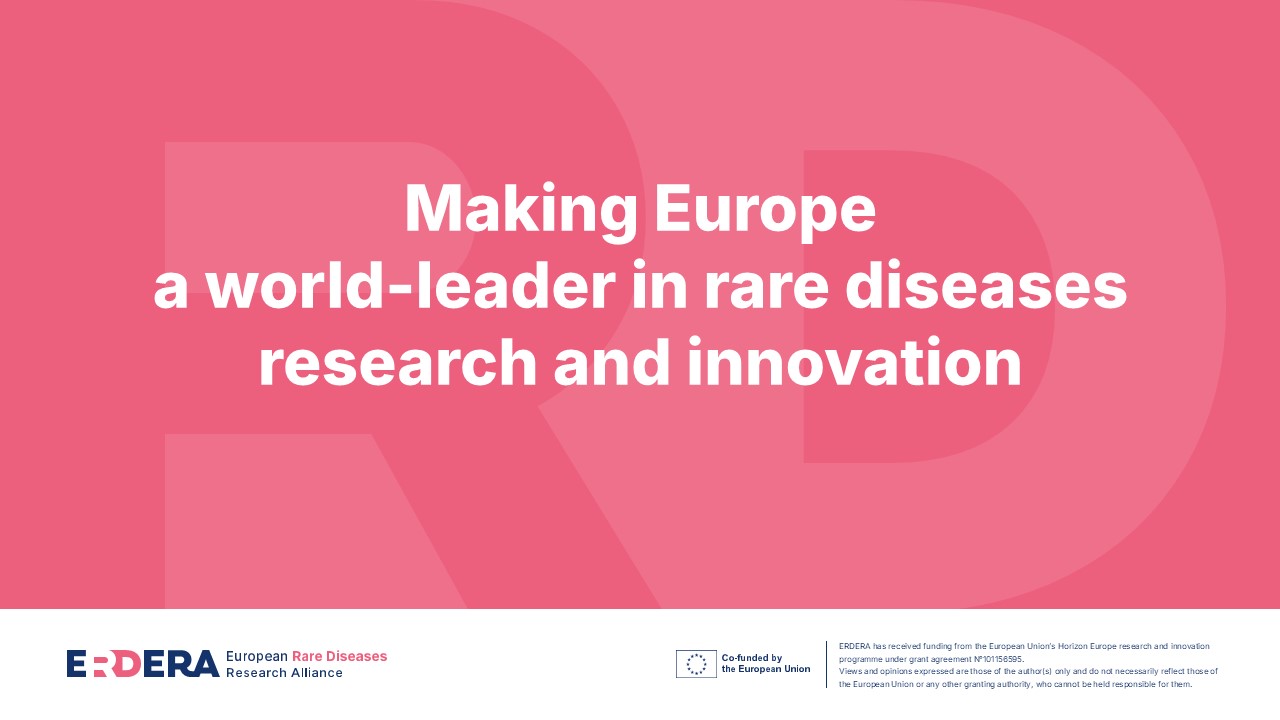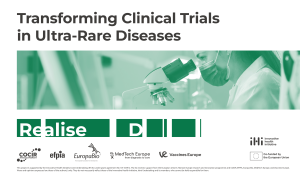The PROMISE (Preparing for RSV Immunisation and Surveillance in Europe) project recently came to a close, delivering tangible results and changing the landscape of RSV prevention and treatment forever. We look back at the journey of this successful public-private partnership in which we had the privilege to participate with our expertise in project management, consortium governance and dissemination.
Respiratory Syncytial Virus (RSV) is a common virus responsible for colds in the winter. For most people, RSV causes mild infection, but for very young children, those who are immunocompromised and the elderly, RSV can result in severe disease, causing around 118,000 child deaths every year. Moreover, disease burden is higher in developing countries and, until recently, there were few preventative or therapeutic interventions. This calls for global collaboration to develop novel solutions and lessen RSV disease burden.
The birth of PROMISE
RESCEU (Respiratory Syncytial virus Consortium in EUrope) – the predecessor project to PROMISE which Teamit was also involved in – successfully created a Europe-wide multistakeholder community from academia, industry, patient groups, public health, scientific societies, and regulatory agencies. This project provided a platform for future RSV vaccine and clinical trials. Moreover, RESCEU was associated with tangible outputs relating to better understanding of RSV disease burden and economic impact of RSV infection.
The success of RESCEU led to the development of PROMISE, another Innovative Medicines Initiative (IMI)-funded project, with European partners in academia, industry, and non-profit organisations. Teamit has played a pivotal role in the initiation, development, implementation, and successful completion of this project.

Teamit’s role as experts in project management
Teamit was principally involved in effective coordination and management of this complex project, taking learnings from RESCEU forward into PROMISE and promoting sustainability for these initiatives beyond the project lifetime.
Maica Llavero, Co-head of EU-Funded Projects at Teamit shares some insights on the development of PROMISE and how managing multistakeholder relationships with diverse partners across the public and private sector has been critical to its success:
One of our roles as project managers in PROMISE was to be the glue that connects all the pieces by ensuring that partners communicated and worked together efficiently. We contributed to setting up a solid governance structure and rules of engagement which guaranteed sound and transparent public-private multi-stakeholder collaboration.
Moreover, we have played a key role in communication and dissemination tasks, to effectively convey key project findings to diverse stakeholders.
Berta Gumí Audenis, Head of Training and Education and Project Manager at Teamit explains:
As part of the communication task in the PROMISE project we had the opportunity to support partners in the dissemination of important results to increase their outreach and impact. For example, we helped PROMISE to establish connections with policymakers so that project results could inform their public health strategies to fight RSV. We also organised capacity building activities addressed to Early Career Researchers (ECR) to upscale their communication and dissemination skills.
PROMISE of public-private partnerships
PROMISE has allowed worldwide partners with diverse expertise to share knowledge and promote discussion to drive forward development of solutions which can reduce the worldwide disease burden of RSV. Building on RESCEU’s results, PROMISE has led to various publications increasing our understanding of RSV disease and our immune response to RSV infection, allowed for completion of vital epidemiology and surveillance studies, as well as increased patient engagement and raised awareness about RSV disease pathology and prevention. Within the project, consortium members also created a Rules of Collaboration document, which outlines the rules of transparent engagement between stakeholders within a public private partnership to maximise the potential of this partnership and project results moving forward.

Game-changing RSV prevention options
RESCEU and PROMISE endeavours have run in parallel with the approval of novel therapeutics against RSV. In the second half of 2023, a new preventative measure against RSV in the form of a monoclonal antibody developed by project partners Sanofi and AstraZeneca was licensed for use in infants by the European Medical Agency (EMA) and Food and Drugs Authority (FDA) in Europe and the USA, respectively. Moreover, two new RSV vaccines for older people and infants were licensed in 2023 by the EMA representing new preventative measures for groups most at-risk of severe disease. These novel therapeutics illustrate huge progress in the development of effective preventative measures against RSV infection. Collectively, this means that infants born today can receive prophylactic RSV treatment to lessen individual disease burden and improve global health. The collaborative research carried out by RESCEU and PROMISE is now helping health authorities make informed decision on RSV prevention strategies.

Partnerships to improve quality of life worldwide
Over the last eight years, these consortia have made leaps and bounds to lessen the disease burden of RSV worldwide. RESCEU and PROMISE have illustrated the potential success of public-private partnerships. These diverse multistakeholder relationships have enabled effective collaboration, leading to tangible outputs to improve quality of life worldwide.
At Teamit, we ensure that the partners we work with align with our vision of empowering collaborative research and innovation for a healthier future. We believe that PROMISE is an excellent example of a productive public health project that fulfils our vision, and we are looking forward to supporting outputs related to this project in the future.
Find out more about the other innovative projects we are involved in here.


